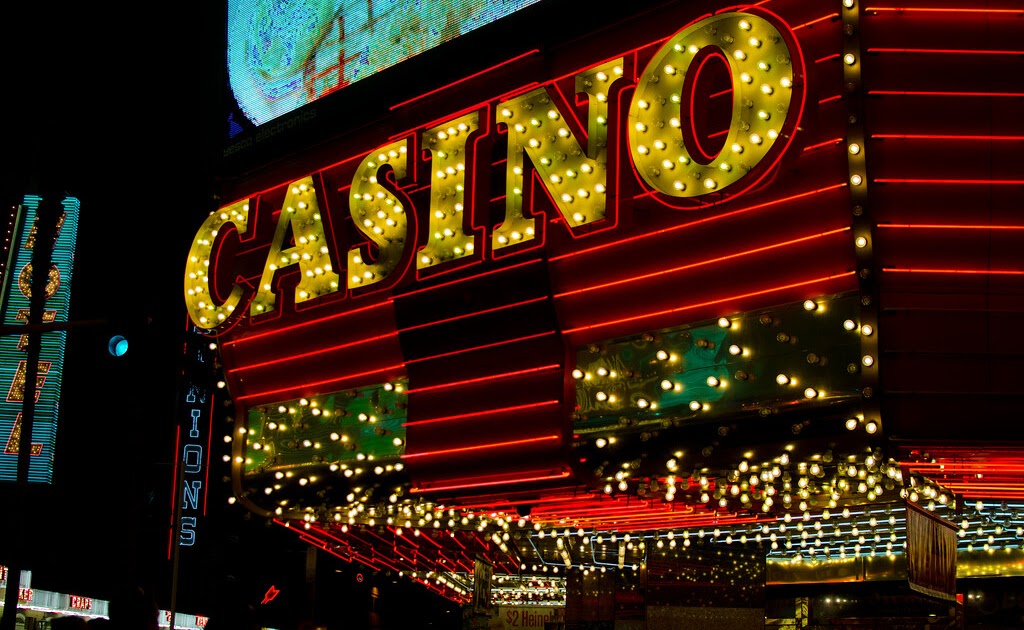
Casino entertainment have long been a captivating form of entertainment, drawing numerous of players from varied cultures around the globe. From the glitzy casinos of Las Vegas to the busy gambling halls of the Cotai Strip, these games serve as a link that connects people across a variety of backgrounds. The allure of luck, strategy, and uncertainty entices not only those hoping to strike it rich but also those seeking a shared experience.
The significance of casino games extends far beyond the gaming floor. They often embody the values and beliefs of the societies in which they thrive. Games such as poker, 21, and the spinning wheel have woven themselves into the fabric of mainstream culture, influencing various aspects from movies to style. As we explore this captivating intersection of chance and culture, we can comprehend better how casino games shape and are shaped by the environment surrounding us.
Historical Progression of Casino Activities
The beginnings of gambling games can be traced back to old civilizations, where betting in multiple forms was extensively practiced. In Ancient China, around 2300 BC, a form of luck game known as Keno was common, while in ancient the Roman Empire, soldiers would often gamble on the outcomes of their matches. The idea of using luck for fun and income evolved over the years, leading to the establishment of more structured activities. By the final Middle Ages, betting houses began to emerge in the continent, particularly in Italy, which introduced early incarnations of well-liked activities still played today.
As gambling expanded popularity in the continent, the 17th and 18th centuries saw the emergence of gambling establishments as specialized venues for gaming. The earliest official gambling house, the Ridotto, was founded in Venice in 1638, featuring games like Baccarat games and Faro games. This period marked a significant pivoting point, as gaming venues began to welcome not just the wealthy but also the growing middle-income class. The refinement of games evolved, leading to the introduction of new guidelines and variations that enhanced the play experience.
In the 19th century, the industrial revolution and transformations in social standards also changed the terrain of gambling activities. The launch of roulette and new gaming machines attracted a more diverse clientele, and gambling establishments became seen as legitimate fun. This period witnessed the international spread of casino activities, as casinos expanded from Europe to the Americas, culminating in the establishment of the iconic Las Vegas Strip in the 20th century. The progress of casino games has continued into the modern era, including new technologies and online platforms, allowing them accessible to a universal population.
## Cultural Importance across Diverse Societies
Gambling games have profound cultural significance across a multitude of cultures throughout the world. For instance, in Las Vegas, the very fabric of the city is woven around gambling establishments, where gaming is not just a pastime but a fundamental aspect of leisure and social interaction. The dazzling lights and lively atmosphere attract countless individuals, showcasing how casino games can shape local economies and cultural identities. This environment transforms the notion of relaxation into an engaging encounter that shapes apparel, music, and even cinema.
Conversely, some societies treat betting with an air of caution, considering it through the lens of morality and customs. A case in point, in many Oriental societies, games like Mahjong and Pai Gow Poker are rich with history and carry significant social meanings. These games are often played during get-togethers and festivities, fostering community bonds and strengthening familial ties. The act of participating in these games goes above mere amusement, reflecting values such as honoring elders and the value of shared enjoyment.
At the same time, in continental countries such as Monaco and the Italian Peninsula, casino games serve as symbols of luxury and sophistication. The stylish atmosphere of these venues attracts both tourists and locals, upholding a sense of prestige and exclusivity. The art of the game of poker and the tactical components of games like baccarat are appreciated, molding social dynamics and cultivating an allure that fascinates a varied audience. This emphasizes how casino games can concurrently mirror and influence cultural perspectives towards hazard, benefit, and relationship building.
Economic Impact and Travel Industry
Casino games play a important role in the financial context of many areas, particularly those that rely heavily on tourism. The revenue generated from casino operations fuels local financial systems, creating employment opportunities not only within the casinos themselves but also in connected industries such as hotel management, dining, and recreation. This influx of tourists, drawn by the allure of games and the overall casino experience, stimulates spending across multiple local enterprises, contributing to the economic health of the region.
The existence of casinos often leads to the development of facilities, including hotels, public transit, and leisure amenities. These developments are essential in improving the overall visitor satisfaction, making locations more attractive to visitors. Additionally, many casinos contribute in local communities through sponsorship of activities and charitable initiatives, further embedding themselves into the community structure of the region. Such contribution not only supports economic growth but also cultivates a positive image of the casino industry.
Furthermore, the worldwide appeal of casino games drives tourism competition, with regions vying to attract gamblers from across the globe. BK8 Iconic destinations like Las Vegas and Macau have become synonymous with casino culture, drawing millions annually. This advantage encourages innovation and diversification within the gaming industry, influencing developments in entertainment and hospitality that extend beyond their borders. The ripple effects of this visitor influx extend wide, impacting local financial health and cultural interactions on a global scale.